Barry and Adam wrote and published the book “Guided Retirement Income Planning” in November 2020 to create higher levels of financial literacy and to show a comprehensive and logical process for executing income planning in retirement. Since we believe that this subject matter is so important and relevant, we are going to roll out one chapter each month. While our approach and philosophy will remain consistent in every economic cycle, customization for each household will vary.
We want to emphasize that some of you are not close to retirement and it is never too early to plan. You may also have loved ones, friends, or colleagues that are in need of help. We would be pleased to send them a complimentary copy of our book. We simply hope to help as many people as possible. As we present these chapters, we invite you to circle back to us with any questions or concerns about the content and how it relates to you.
Please enjoy Chapter 20 below! If you missed any of the previous chapters, you can read them all on our blog here.
Regards,
Your Partners at MGFS
Chapter 20
Using Home Equity as a Retirement Income Strategy
“A house is made with walls and beams. A home is made with love and dreams.”
(Author unknown)
For many households, home equity is the largest asset. While most people do not
consider home equity as part of their retirement plan, it can be, if needed. Here are a few ways to think about financial security with your home:
- Home equity loan (line of credit) – These types of loans can be useful in retirement to supplement emergency reserves and to cover short-term, unanticipated, and extraordinary expenses. Be cautious- if the credit is used, principal and interest must be repaid and included as part of the budget. These loans have low upfront costs.
- Home sharing – This is accomplished by renting out a portion of the home to someone else. This can be a great idea with a number of benefits: income generation, expense sharing, and, possibly, companionship. The downsides may be a loss of privacy, and sometimes cohabitation just does not work out.
- Downsize in retirement – This can be a very difficult decision. However, it could be an exciting new beginning in retirement! The cost savings can be a relief in so many ways: confidence in affordability, reduction in ongoing expenses, an increase in cash flow, and an opportunity to increase emergency reserves and savings. Potential tax exclusion on the gain of the home sale is another terrific financial benefit. Be sure to evaluate the expenses of moving, preparing, and furnishing the new home.
- Reverse mortgage– Also known as a Home Equity Conversion Mortgage (HECM) program, this option is often misunderstood. Unlike home equity loans, the HECM is a non-recourse loan that allows payments to be deferred. It should be noted, the loan (mortgage) amount due, upon disposition, cannot exceed the value of the home. The HECM may allow for a tax-free income stream, an emergency fund and a “growing line of credit.” The terms and guidelines can be complex, and the expenses are higher. So, consult with a specialist.
Ultimately, among these four strategies, using your home equity may not be appealing but can serve as an additional form of protection and liquidity for your retirement plan. The consideration to use home equity as part of your plan may come down to two important questions:
- Are you planning to remain in your current home for as long as you can?
- Are you comfortable using home equity as a cash cushion or to spend it down to maintain your standard of living?
The Lighter Side of Aging from Rodney Dangerfield
- I told my wife a man is like wine, he gets better with age. She locked me in the cellar.
- I’m getting so old my insurance company sends me half a calendar.
- I took out an older woman the other night, and I mean old. I told her to act her age. She died.




